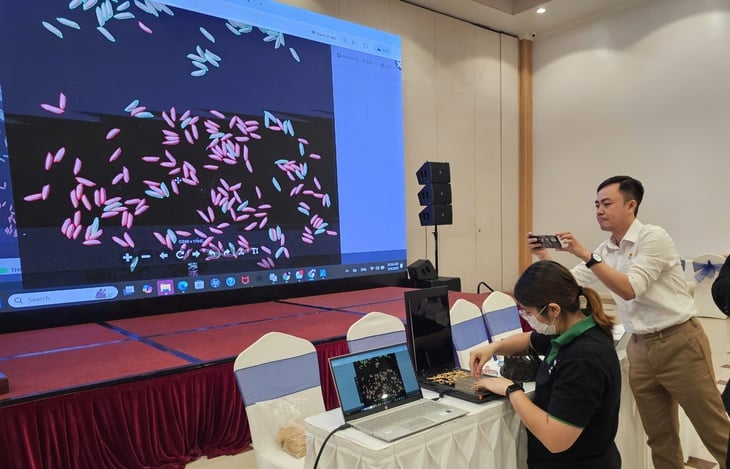
Rice varieties are put into the machine to scan for images, then loaded into the computer for AI to identify, analyze and give results about the parameters of the rice variety - Photo: CHI QUOC
On September 4, in Can Tho city, the Vietnam Rice Industry Association held a seminar on " Scientific solutions to improve rice quality and rice varieties".
At the workshop, EASYRICE Company presented a system that applies artificial intelligence (AI) to test rice varieties and said it had been successfully tested in Thailand and India, with the outstanding advantage of an accuracy of about 95%.
This method is done by directly inserting the rice seeds into the scanner to scan, and from this scanned image, it is then loaded into the computer for AI to recognize, analyze and give results. The implementation time takes no more than 3 - 5 minutes, depending on internet speed.
Dr. Tran Ngoc Thach, director of the Mekong Delta Rice Institute, said that to apply the above technology in Vietnam, a very large database is needed, because in Vietnam there are hundreds of rice varieties that need data input for AI to identify.
According to Mr. Thach, the technology used to serve seed production facilities for internal verification is normal, but to replicate and consider it as a testing option in Vietnamese standards for purity, cleanliness, etc. of rice varieties, it is necessary to pay attention to the legality.
"I think in terms of the legal framework, we need to continue to evaluate the reliability of this technology, even though it has been announced to be 95% accurate, and then convince state agencies to put it into the legal framework for replication. Next, there is a strategy for how to share the technology, because if it is exclusive, it will be complicated.
This is a good direction, which will greatly support seed producers and state management agencies in determining the purity of the breed," said Mr. Thach.
The rate of using conventional rice varieties in the Mekong Delta is only 45%.
According to the Vietnam Seed Trade Association, the country's annual rice growing area is about 7.2 million hectares, with demand for rice varieties ranging from 570,000 to 580,000 tons, mainly focusing on high-quality, aromatic rice varieties.
In the North, the formal seed production system (enterprises, seed centers) produces and meets about 80% of demand (equivalent to about 65,000 - 70,000 thousand tons of seeds/year).
In the Mekong Delta, the formal seed production system only meets about 45% of the demand (equivalent to about 180,000 - 200,000 tons of seeds/year). In addition, the cooperative system also produces about 90,000 - 100,000 tons of rice seeds/year, the rest is self-sufficient for farmers.
Source: https://tuoitre.vn/dung-ai-phan-tich-hinh-anh-hat-lua-xac-dinh-duoc-do-thuan-cua-giong-lua-20250904162207626.htm





![[Photo] Party Committees of Central Party agencies summarize the implementation of Resolution No. 18-NQ/TW and the direction of the Party Congress](https://vphoto.vietnam.vn/thumb/1200x675/vietnam/resource/IMAGE/2025/10/27/1761545645968_ndo_br_1-jpg.webp)

![[Photo] National Assembly Chairman Tran Thanh Man receives Chairman of the House of Representatives of Uzbekistan Nuriddin Ismoilov](https://vphoto.vietnam.vn/thumb/1200x675/vietnam/resource/IMAGE/2025/10/27/1761542647910_bnd-2610-jpg.webp)
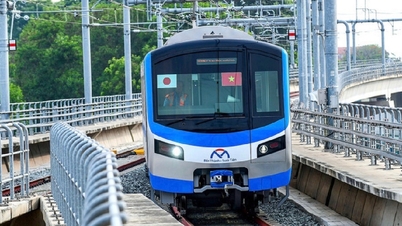
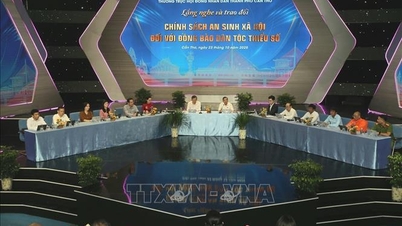

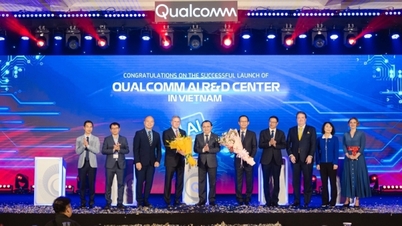

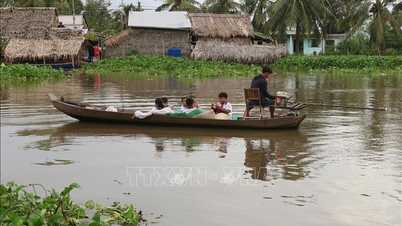
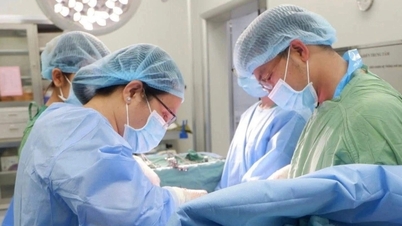

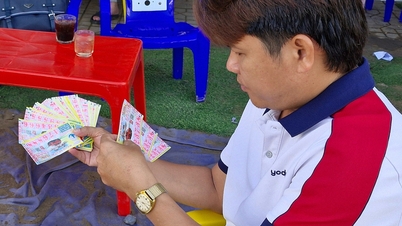





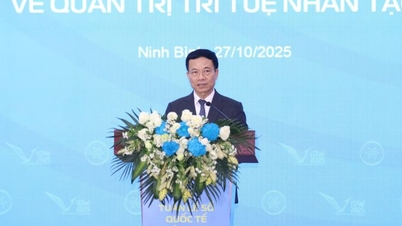
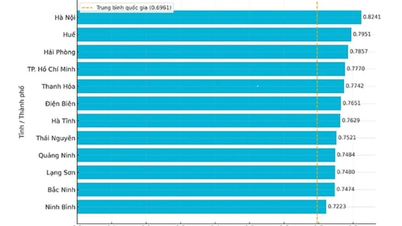







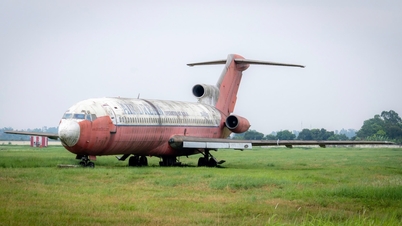
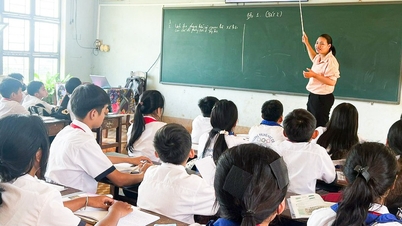

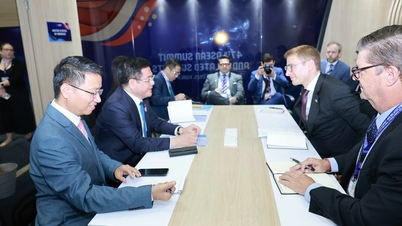


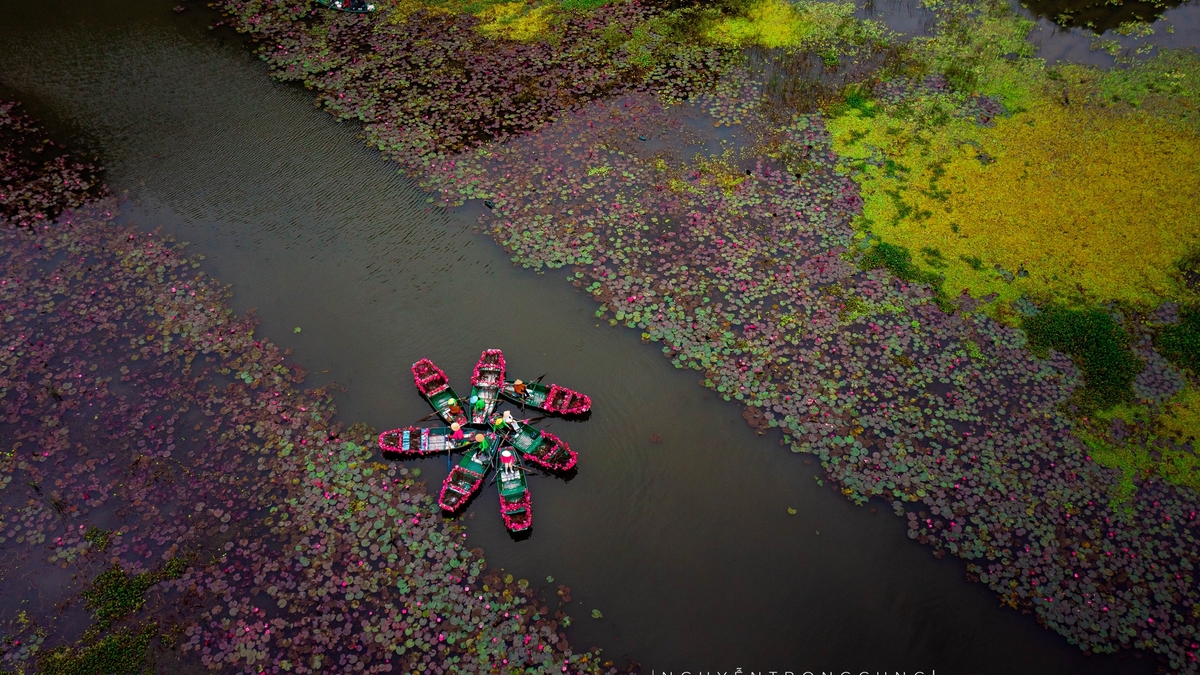











































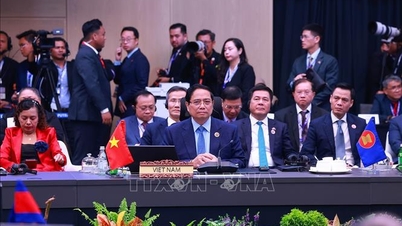

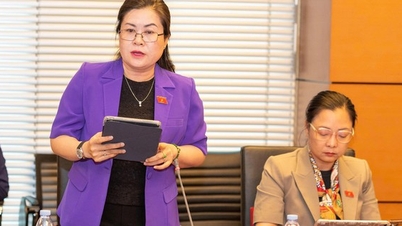
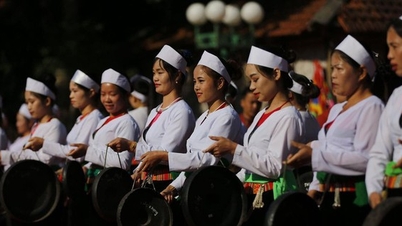

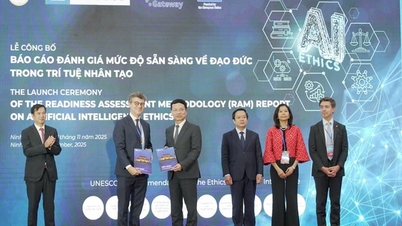
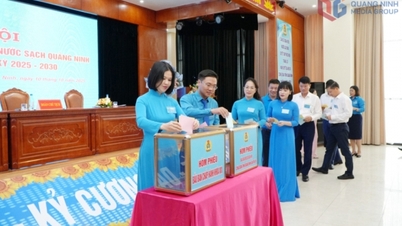



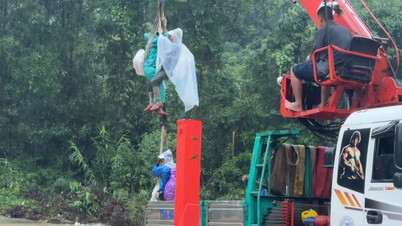
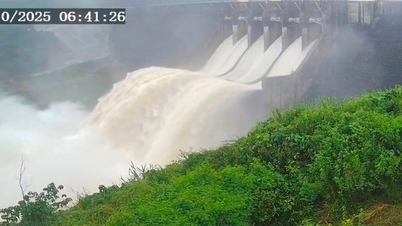



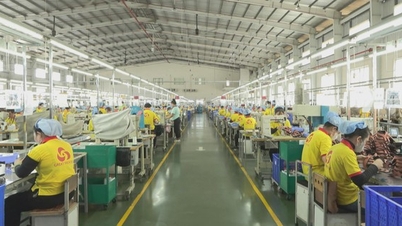











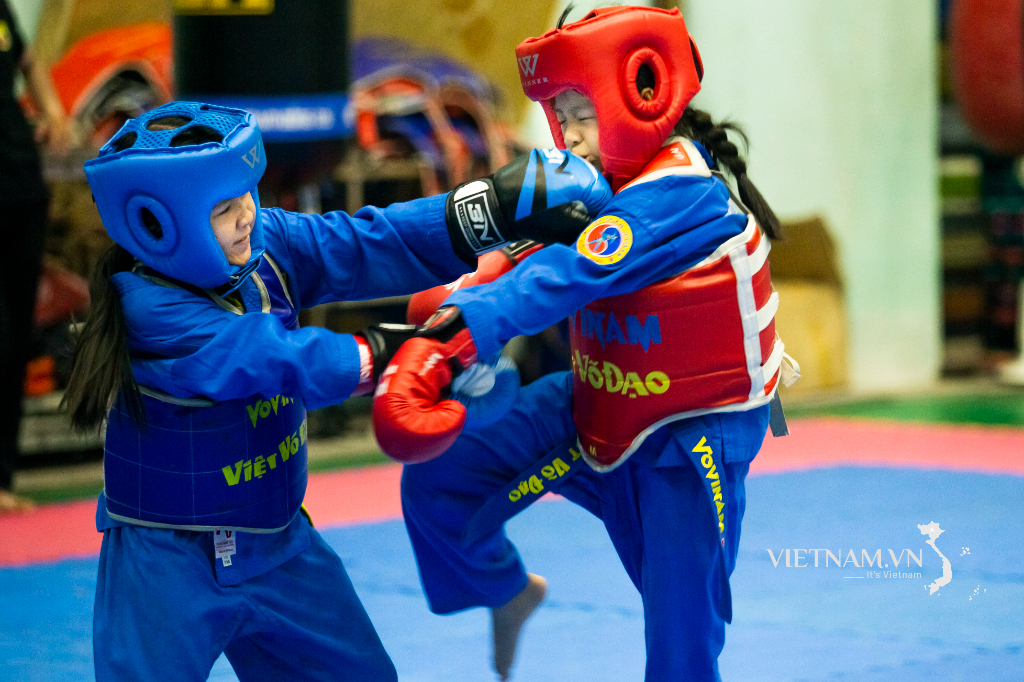



Comment (0)